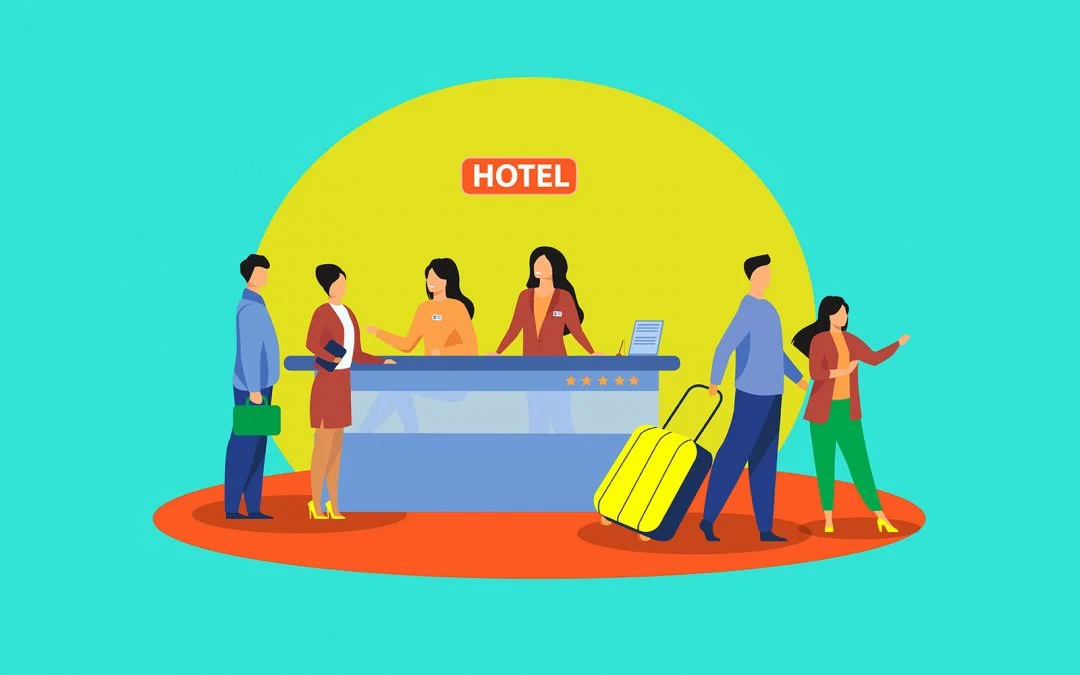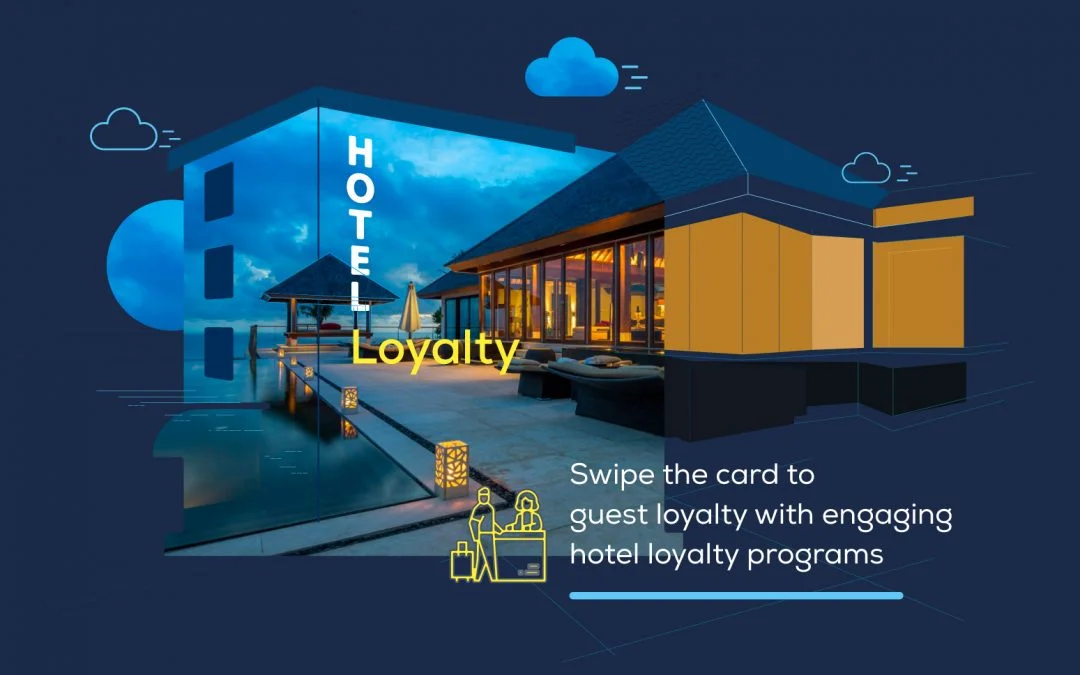- Design industry shaping loyalty programs
- Integrate easily and go live quicker
- Deliver hyper-personalized consumer experiences
Blue Rewards from Al Futtaim Group Shares Loyalty Success Stories and Evolution. Watch Podcast >
Capillary Triumphs with 4 Prestigious Wins at the 2025 International Loyalty Awards! Read more >

The traditional concept of elite frequent traveler status at major hotel chains is evolving. Today’s travelers seek more than just points and perks—they expect meaningful, flexible, and personalized experiences that align with their lifestyles and values. As travel patterns and preferences continue to shift, hotel loyalty programs must adapt to meet the expectations of a diverse and discerning guest base.
Business travel is being reimagined, with virtual meetings replacing many trips. Leisure travelers, meanwhile, increasingly favor unique, local, and sustainable experiences over conventional city-center hotels. Hygienic standards, flexible cancellation policies, and contactless services have become baseline expectations rather than perks.
Guests are exploring alternative accommodations such as boutique stays, vacation rentals, and homestays, often prioritizing privacy, space, and community connection. This new landscape calls for hospitality brands to rethink how they engage and reward their customers beyond the classic stay-and-spend model.
How Hotel Loyalty Programs Are Evolving
Forward-thinking hotel brands have already started to transform their loyalty programs into holistic engagement ecosystems that reward guests for a variety of interactions, not just stays.
Embracing Non-Stay Engagement
Loyalty is increasingly driven by activities like social sharing, referrals, event participation, and community involvement, which deepen emotional connection and brand affinity.
Key Strategies to Stay Ahead
As competition intensifies, here are several strategies hotel loyalty programs should embrace to create lasting value:
Leverage comprehensive customer data to deliver highly relevant offers and communications. Consider:
Example: The Kimpton Karma Rewards program uses an advanced algorithm to create unique, personalized experiences, driving high guest satisfaction.
Encourage guests to engage in meaningful ways beyond bookings, such as:
Example: Marriott Rewards incentivizes guests to share their experiences on social platforms, boosting brand visibility and engagement.
Focus on rewarding guests with experiences that add value to their lives, not just points. This could include:
Example: Airbnb’s partnerships offering cooking or art classes provide guests with memorable, enriching experiences that go beyond accommodation.
Implement technology to streamline guest journeys and improve safety, such as:
These convenience-driven enhancements contribute to a superior customer experience and program loyalty.
Conclusion: Building Loyalty for the Future of Travel
The hospitality industry is at an exciting crossroads. By embracing creativity, data-driven personalization, and customer-centricity, hotel loyalty programs can thrive by aligning with evolving traveler values and behaviors. As leaders in hospitality adaptation emphasize, the key is to anticipate and respond to guests’ changing needs with empathy, flexibility, and innovation.

January 6, 2025 | 4 Min Read
Unlock the future of hospitality loyalty by exploring how ho

October 21, 2024 | 8 Min Read
Every guest is different, having varying preferences for dis

March 22, 2023 | 4 Min Read
Partnership will help airlines and hoteliers delight travele